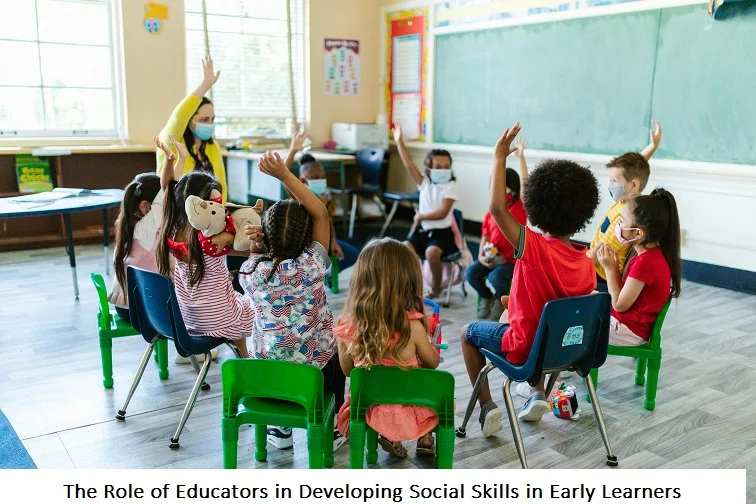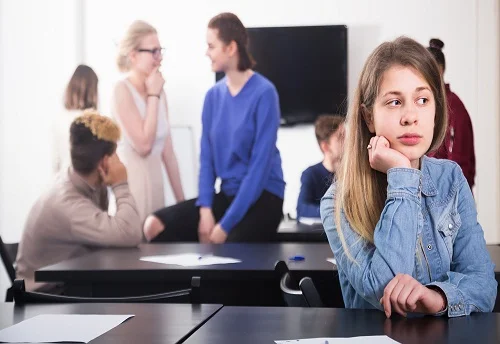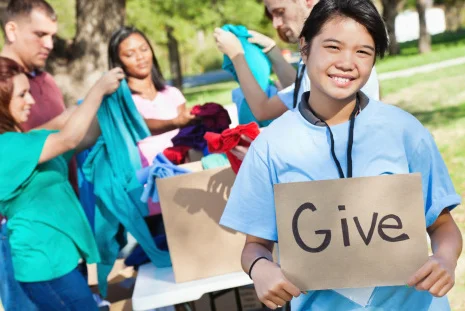+1 845 259 2974 (11 a.m to 7 p.m CST)
The Role of Educators in Developing Social Skills in Early Learners

Social skills are among the most critical abilities children develop in their early years. Research shows that 85% of brain development happens before the age of five , making the early years a prime period for teaching these skills. Children who learn how to communicate, cooperate, and empathize at an early age are more likely to succeed academically, maintain strong relationships, and thrive in social situations later in life.
The classroom serves as a unique environment where educators play a vital role in nurturing social competence. In this article, we’ll explore how educators contribute to developing social skills in early learners.
Social Skills as a Foundation for Future Success
Social skills are more than just the ability to talk to others—they are the foundation for building meaningful connections and navigating the world. Early learners who can effectively express their needs, resolve conflicts, and engage with peers are better equipped for both school and life.
For example, children who can work together on a group project not only develop teamwork but also practice patience, active listening, and problem-solving. These abilities translate into lifelong advantages, from excelling in the workplace to maintaining healthy relationships.
Educators are uniquely positioned to teach these skills, as they create environments where children interact daily. Whether it’s learning to take turns during a game or expressing emotions during a class discussion, the classroom becomes a laboratory for social development.
Teachers as Social Guides in the Classroom
Educators serve as social guides, modeling appropriate behaviors and creating opportunities for positive interactions. Unlike parents, who often have a more protective role, teachers observe children in a group setting, identifying strengths and areas for growth in social interactions.
Professionals who have earned an online bachelor degree in early childhood education are especially equipped to guide children in developing these skills. Their training includes understanding child psychology, effective communication strategies, and classroom management techniques, all of which are essential for nurturing social growth. For instance, when a child struggles to share toys during playtime, a teacher with this background can step in to demonstrate how sharing benefits everyone.
By leveraging their specialized education and training, educators with this degree help children navigate social challenges, foster cooperation, and build a foundation for lifelong emotional intelligence.
Fostering Teamwork Through Group Activities
Group activities are one of the most effective tools educators use to teach social skills. In these activities, children learn to collaborate, negotiate, and respect different perspectives. These lessons often happen naturally as children work together to achieve a common goal.
Imagine a group tasked with building a tower using blocks. Each child contributes ideas, and some may have to compromise or adjust their approach. Through this process, they develop critical skills like turn-taking, patience, and listening.
Educators can make group activities more effective by setting clear expectations and encouraging reflection afterward. Asking questions like “How did your team solve that problem?” helps children understand the value of their social interactions.
Teaching Empathy and Emotional Understanding
Empathy is a cornerstone of healthy relationships, and educators play a crucial role in helping children develop this trait. Teaching empathy involves more than simply telling children to “be nice.” It requires helping them see the world from someone else’s perspective.
For instance, reading stories about characters facing challenges can prompt children to discuss how those characters might feel. Educators can also use role-playing activities to help students practice understanding emotions in different situations.
When a child learns to recognize and respond to a friend’s sadness or frustration, they are building the foundation for compassion and emotional awareness. These skills are essential for forming deep and lasting connections with others.
Resolving Conflicts Through Guided Problem-Solving
Conflict is a natural part of social interaction, especially among young children learning to assert themselves. Educators act as mediators, helping children navigate disagreements in a constructive way.
When two students argue over a toy, a teacher might step in and guide them to share their perspectives. By asking questions like “How do you feel?” and “What can we do to make this fair?” the teacher encourages problem-solving and mutual understanding.
Over time, children internalize these strategies, learning to resolve conflicts independently. This not only reduces classroom disruptions but also equips students with essential life skills for managing disagreements in the future.
Using Play as a Social Learning Tool
Play is an essential part of childhood and a powerful tool for teaching social skills. Through play, children naturally learn how to interact with others, solve problems, and manage emotions.
Unstructured play allows children to explore social dynamics on their own, while structured play provides opportunities for guided learning. For instance, team-based games like relay races or building challenges teach cooperation and teamwork. Meanwhile, imaginative play, such as pretending to run a store or care for a pet, helps children practice communication and empathy.
Educators can enhance these experiences by observing playtime, stepping in when necessary, and encouraging positive interactions. By integrating play into the school day, teachers create enjoyable opportunities for social growth.
Partnering With Parents for Greater Impact
The development of social skills is most effective when educators and parents work together. A consistent approach between home and school ensures children receive clear and reinforcing messages about appropriate social behavior.
Teachers can build this partnership by maintaining open communication with parents. Sharing observations about a child’s progress or challenges allows both parties to address specific needs. For instance, if a child struggles with sharing in the classroom, parents can practice turn-taking games at home to strengthen that skill.
Hosting parent-teacher meetings or workshops on social skill development can also provide families with practical tools and strategies. This collaboration ultimately creates a supportive environment that benefits the child’s growth.
Monitoring Social Development and Addressing Challenges
Educators play a critical role in monitoring children’s social development and providing support when needed. Each child progresses at their own pace, and some may face challenges that require additional attention.
Teachers can use observation to identify areas where a child may need help, such as difficulty making friends or managing emotions. By documenting these patterns, they can create targeted interventions, such as pairing the child with a supportive peer or offering small-group activities to build confidence.
For children facing more significant challenges, educators can collaborate with school counselors or specialists to provide additional support. These efforts ensure that every child has the opportunity to develop strong social skills.
The classroom provides a unique environment where children can practice social interactions under the guidance of skilled educators. Through structured activities, thoughtful interventions, and partnerships with parents, teachers lay the groundwork for lifelong success.
Investing in social skill development during early childhood benefits not just the individual child but also society as a whole. Confident, empathetic, and socially aware children grow into adults who contribute positively to their communities. As such, the role of educators in this process cannot be overstated—it is both transformative and invaluable.





















